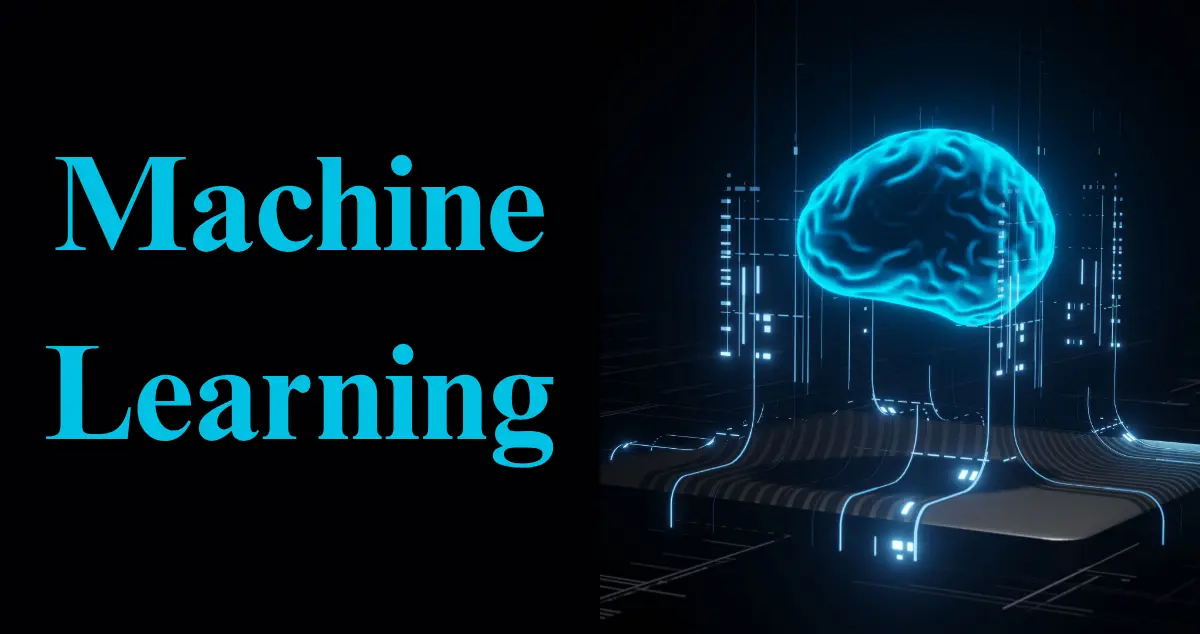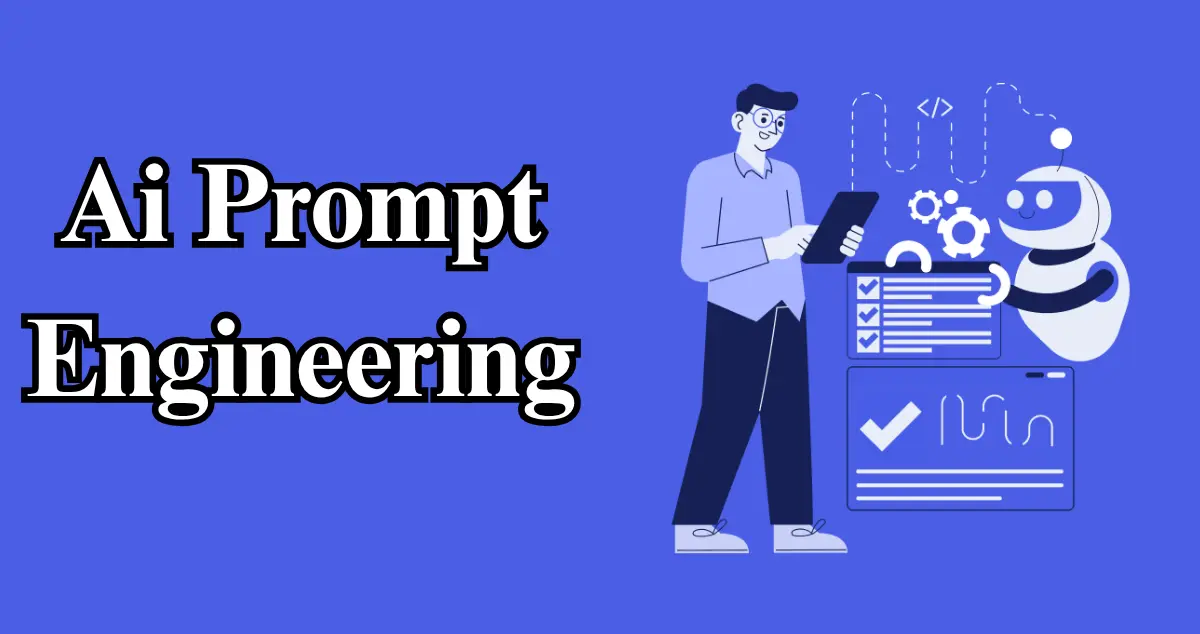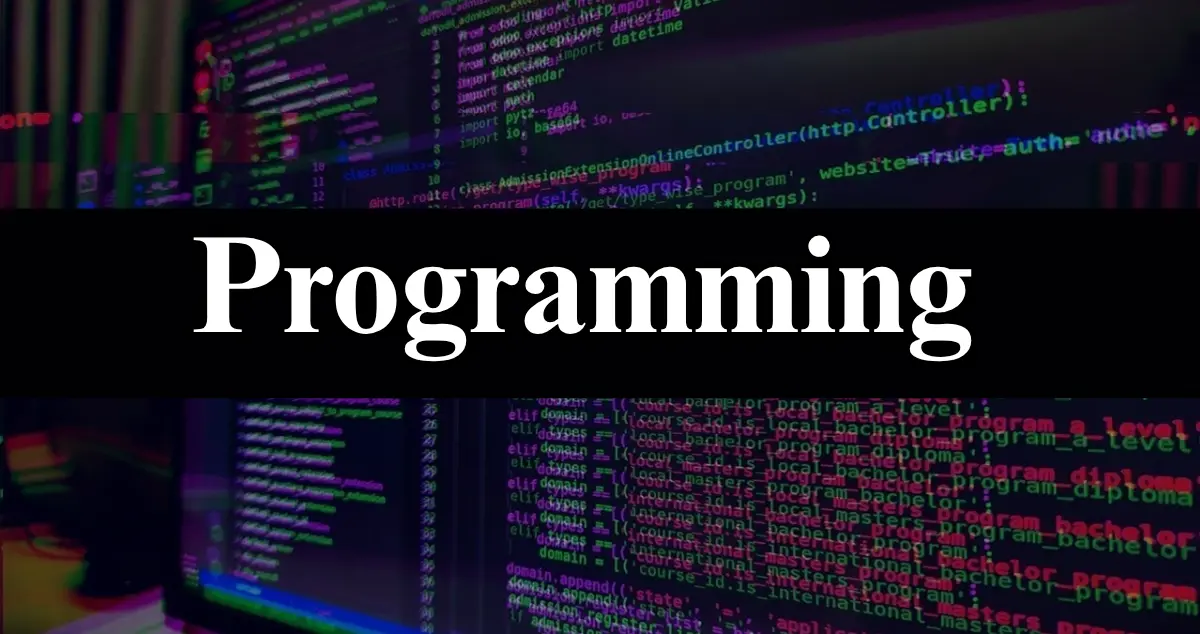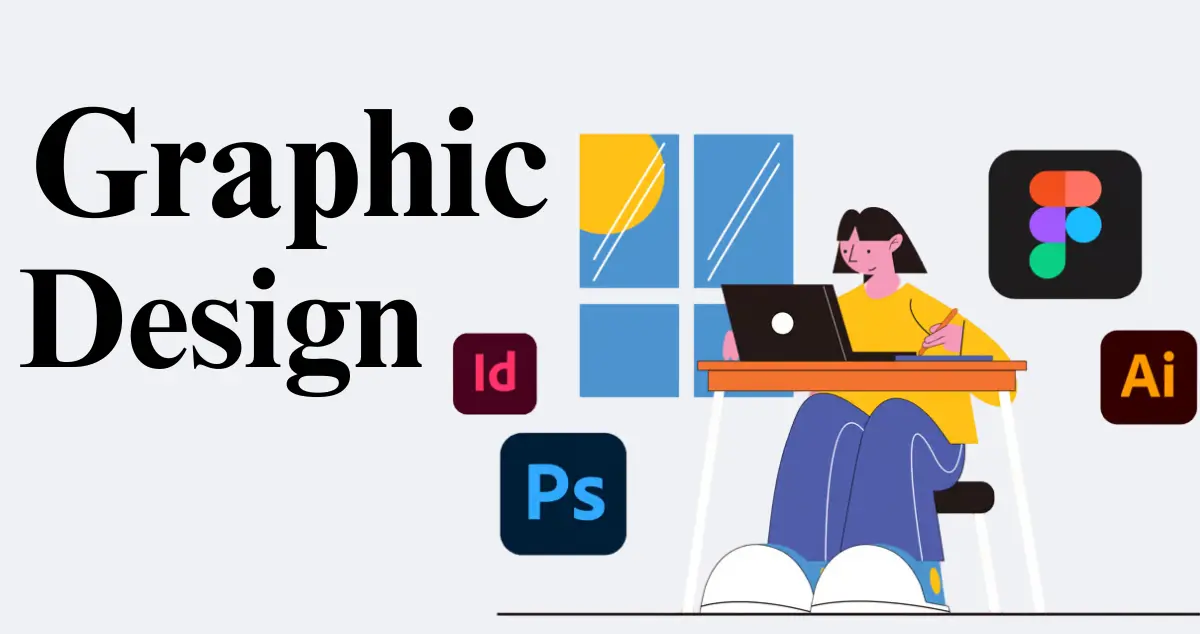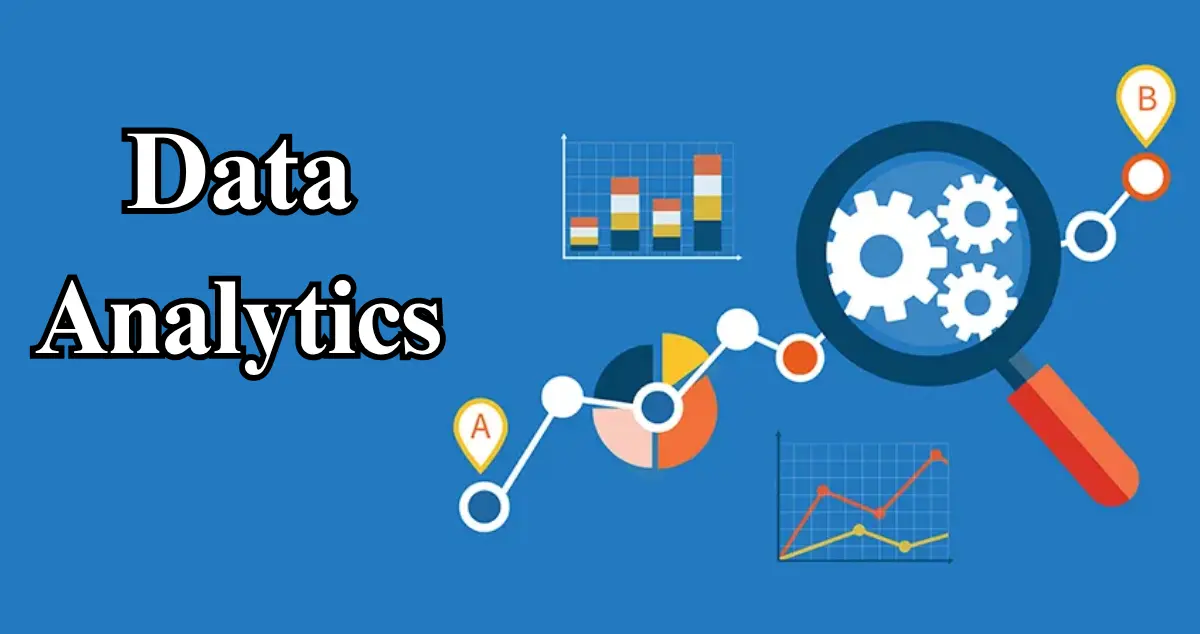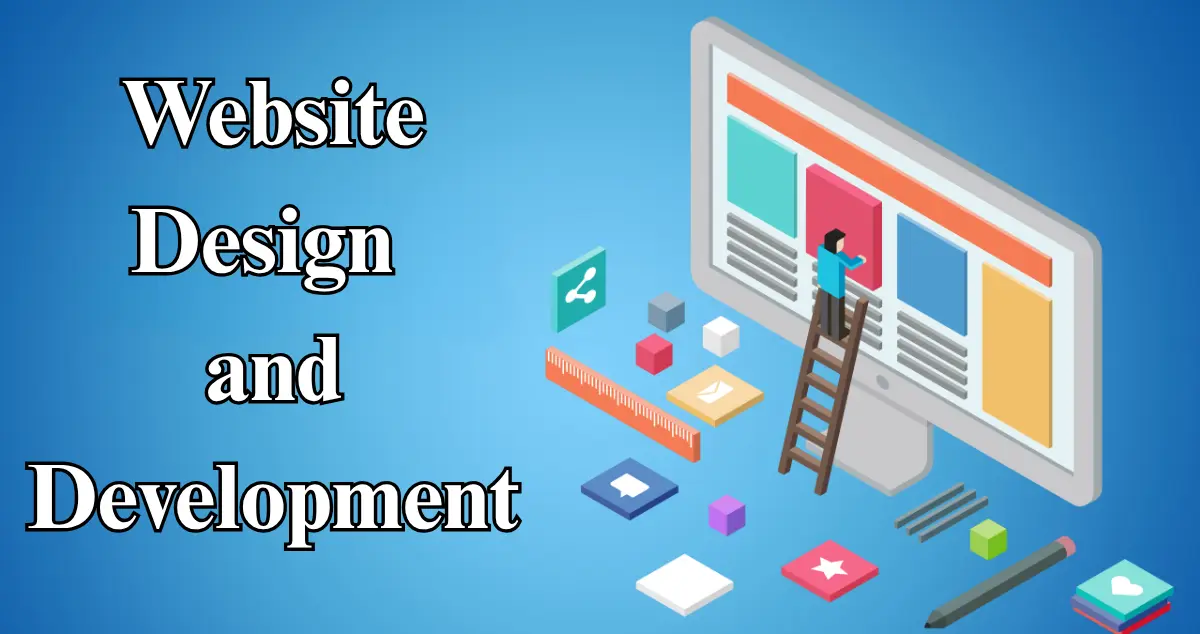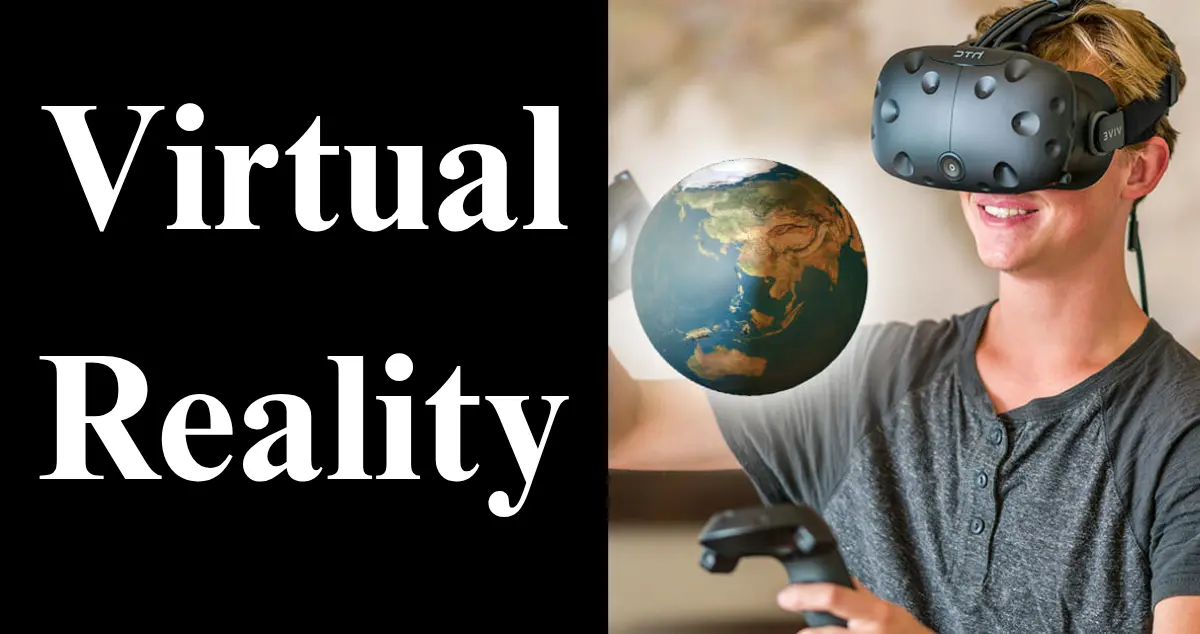The freelancing market is rapidly evolving because artificial intelligence (AI) and digital transformation are shaping the future of work. It is essential to master these high-value skills wisely and strengthen your expertise to attract top clients and profitable projects. Start your journey now and explore key trends to position yourself as a sought-after freelancer in this expanding world.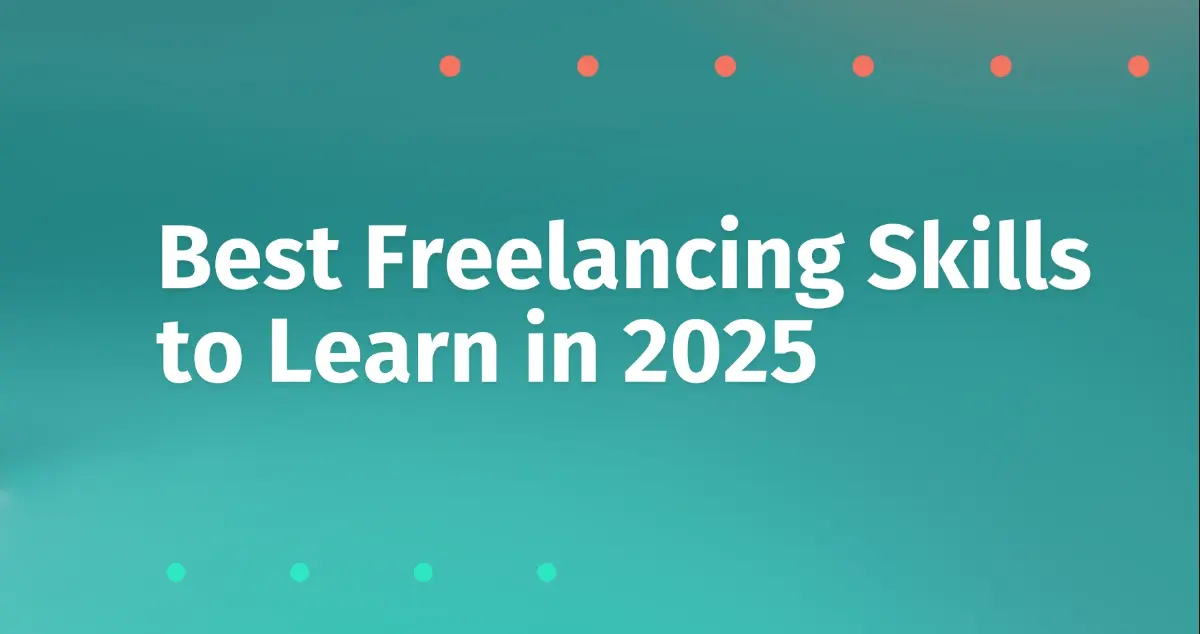
10 Most In-Demand Freelance Skills in 2025
The freelance market is racing ahead with fast changes in in-demand skills from 2022 to 2025. Focusing on the top 10 highest-paying tech skills backed by solid research is key to staying competitive
Machine Learning
Machine learning is a popular and tough skill at the intersection of artificial intelligence and data science, with the market projected to grow 40% by 2027. Mastering it unlocks high-value freelance opportunities.
How to learn machine learning?
- Start by building a strong foundation in basic programming language skills, such as Python or R, as these are essential tools in the field.
- Focus on strengthening your understanding of mathematics, statistics, and probability, which form the core theoretical base for machine learning algorithms.
- Learn data analysis tools such as Pandas and NumPy at a basic level to efficiently manipulate and explore datasets.
- Gain hands-on experience by building simple models, experimenting with real data to understand how algorithms work in practice.
- Finally, master advanced libraries like TensorFlow and PyTorch to dive into deep learning and handle complex projects confidently.
From my personal experience, following this structured path helped me grasp machine learning concepts quickly and apply them effectively, which accelerated my freelancing career in this competitive and evolving market.
AI Prompt Engineering
As AI grows, companies realize the need for skilled prompt engineers who can use tools efficiently by crafting thoughtfully designed prompts that deliver detailed and effective results. Developing this skill at the right time is ideal for freelancers
How to learn AI prompt engineering?
- Begin by understanding the fundamental concepts of language learning and natural language processing (NLP) within the realm of artificial intelligence to build a solid base.
- Familiarize yourself with how AI models function and get hands-on by practicing interacting with popular tools like ChatGPT.
- Focus on honing your prompt-writing skills through constant experimentation and learning the subtleties of language that influence AI responses.
- Explore specialized tools and platforms such as OpenAI’s API dedicated to prompt engineering to broaden your technical toolkit.
- Regularly create and test customized prompts across various use cases and build experience by working on sample projects to refine your expertise.
In my experience, combining theory with practical experimentation accelerated my mastery of AI prompt engineering, enabling me to deliver precise, high-impact results that clients value deeply.
Programming (Coding)
Coding is a highly sought-after skill in 2025, driven by the rise of AI, machine learning, and data science. Mastering programming languages and algorithms helps create data-driven software that automates tasks, optimizes operations, and boosts productivity.
How to learn programming?
- Start by learning foundational programming languages like Python, JavaScript, and HTML, which are beginner-friendly and easy to learn, providing a strong base for freelancing success.
- Dive into the basics of computer science, including algorithms and data structures, to boost your problem-solving skills and write efficient code.
- Work on small projects such as building a simple app or a website, and seek paid opportunities to gain experience and know how to turn these skills into bigger gigs.
- Explore Git, the version control system, and platforms like GitHub for cloud-based hosting; these are essential tools for managing code and collaborating with others, with many alternatives available.
- Once comfortable, move to advanced topics such as object-oriented programming, database management, and software development methodologies to master full project development.
In my personal journey, focusing on these steps helped me build a strong programming foundation, making complex projects manageable and increasing client trust through efficient collaboration and version control.
Copywriting
Freelance copywriters play a key role in helping businesses promote their products and services through effective content like blog posts, advertisements and more. This field suits those with a passion for writing and offers great opportunities for aspiring freelancers to build a strong portfolio.
How to learn copywriting?
- Start by learning the basics of grammar, language, and spelling because mistakes are simply unacceptable in professional copywriting.
- Make it a habit to write simple texts daily, creating a steady writing routine while paying close attention to popular styles and types of content.
- Focus on crafting concise, clear, and strong copy that immediately captures the reader’s interest and communicates value.
- Understand the user experience, target audience, and the strategic use of keywords and SEO to make your writing effective and discoverable.
- Experiment with different types of writing like advertisements, blog posts, email newsletters, and social media content, adjusting your tone accordingly, while regularly reading work by good writers to stay inspired and connect with your readers.
In my personal experience, building this disciplined approach helped me quickly improve my skills and land projects that required sharp, audience-focused copy, turning everyday writing into a professional advantage.
Graphic Design
Mastering graphic design in 2025 means blending a creative mindset with both simple tools like Canva and more intermediate ones to make a significant impact. Using the right tools and a bold design approach helps your work stand out and reflect your unique personality.
How to learn graphic design?
- Start by understanding the basic design principles such as color theory, composition, and typography because these fundamentals shape every good graphic design.
- Next, explore popular design tools like Adobe Photoshop, Illustrator, and Figma to gain hands-on experience with industry-standard software.
- Create simple designs and focus on showcasing your best works to build a strong portfolio on platforms like Behance while learning from popular designers.
- Learn the essentials of web and mobile design principles by concentrating on user-friendly interfaces through UI and UX knowledge.
- When you feel ready to advance, consider learning additional skills like animations and 3D modeling to truly stand out in the competitive market.
In my experience, mastering tools like Figma and focusing on UI/UX principles helped me create designs that connect with users. Building a Behance portfolio allowed me to track progress and attract clients.
Data Analytics
Turning data into meaningful insights is crucial for companies seeking to ease the headache of overwhelming information. Skilled professionals who can analyze and extract value from raw data help reduce this burden and unlock the gold within.
How to learn data analytics?
- Start by learning basic math like averages, percentages, and simple calculations. These are important for understanding data analytics.
- Practice using tools like Excel, Google Sheets, and SQL to get real experience working with data.
- Learn how to show data in graphs and tables so it is easy to understand for everyone.
- Work on real examples where data is often messy or incomplete. Learn how to clean and improve data to make better analyses.
From my personal experience, working on practical projects with these steps helped me quickly turn numbers into clear insights. Handling imperfect data taught me how important it is to clean and present data well to satisfy clients and make smart decisions.
Search Engine Optimization (SEO)
To master SEO, focus on a specific field like technical SEO, e-commerce, or YouTube SEO. Having a strong technical background and offering broad services helps SEO specialists improve search results and win lucrative contracts.
How to learn search engine optimization (SEO)?
- Start by understanding the key elements of SEO, including keywords, titles, meta descriptions, and backlinks, and practice optimizing various website areas to improve your skills.
- Build a simple blog where you can run SEO tests by yourself, which helps you learn through real experience.
- Use important tools like Google Analytics and Google Search Console to track and measure SEO performance, so you can improve your strategies effectively.
- Gain practical experience by offering services on freelance platforms such as LinkedIn, Fiverr, Freelancer, and Upwork to start your career as an SEO specialist.
From my personal experience, practicing on my own blog and using analytics tools to monitor progress made a huge difference. Also, working on projects for clients through freelance platforms helped me quickly learn what works best in SEO.
Website Design and Development
Website design and development are key high-paying freelance jobs as businesses need well-designed, functional websites to thrive in today’s economy. Focusing on user experience and creating usable interfaces is essential, and the demand for skilled web developers is continuously rising.
How to learn web design and development?
- Start by mastering basic web design concepts such as color, typefaces, design placement, organization, and manageability to create visually balanced layouts.
- Learn HTML and CSS to control the style and aesthetic presentation when designing web pages from scratch.
- Use drag-and-drop tools like WordPress and Wix for simple projects to reinforce design principles and build a stronger understanding of web layouts.
- Add interactivity with JavaScript to make web pages more flexible and engaging for visitors.
- Focus on building responsive websites that function well on both desktops and mobile devices for a seamless user experience.
Personally, starting with fundamentals and gradually integrating tools like WordPress helped me build confidence quickly. Adding JavaScript later made my sites stand out and ensured clients loved the responsive designs I delivered.
Online (Digital) Marketing
Digital marketing is versatile, including email, video, social media, and content marketing. Focusing on one specific area boosts your chances of success and better payment, and specializing makes you more sought-after by businesses.
How to learn online marketing?
- To succeed in online marketing, begin by understanding essential concepts such as target audience, brand awareness and improving conversion rates. These are the foundation for crafting strategies that connect with users and drive results.
- Explore different advertising methods by using platforms like Facebook, Instagram, LinkedIn and TikTok. Study how targeted content is presented on each to learn what works best based on audience behavior.
- Strengthen your skills by learning fundamental techniques like SEO and how to run effective advertising campaigns. This will help you attract the right visitors and convert them into customers.
- Practice creating and sending appealing email campaigns using software like Mailchimp. This builds direct relationships with your audience and increases engagement over time.
- Measure your efforts by tracking your marketing performance using Google Analytics or other similar tools. This helps you understand what’s working and how to improve future strategies.
Personally, I started with simple email strategies on Mailchimp, focused on target audience insights, and used Google Analytics to refine my campaigns. Over time, this consistent process helped me increase conversion rates for multiple clients.
Virtual reality
Virtual reality (VR) is a rapidly growing innovative technology reshaping freelancing by offering immersive digital experiences in fields like gaming, education, and training programs. As a VR developer, mastering 3D simulations, software development, computer vision, programming, and animation opens doors to exciting freelance projects. Expanding your expertise to include augmented reality (AR), extended reality (XR), and machine learning makes your skills even more marketable in this evolving space.
How to learn virtual reality?
- To learn virtual reality effectively, begin by understanding VR headsets, motion tracking, and how 3D environments function to create immersive experiences.
- Try different VR experiences using popular devices like Meta Quest, HTC Vive, and Google Cardboard to grasp the diversity of applications.
- Utilize tools such as Blender and Unity to create your own virtual environments and familiarize yourself with the creative process.
- Start building basic applications using Unity or Unreal Engine to gain hands-on skills in developing VR content.
- Finally, study how users move and interact within virtual spaces to design more intuitive and engaging experiences.
From my experience, experimenting with different VR devices early on and using Unity to build simple projects helped me understand the technical and user interaction aspects deeply, accelerating my expertise as a VR developer.
Conclusion
Mastering top freelancing skills like SEO, web design, online marketing, and virtual reality opens doors to lucrative opportunities in today’s dynamic digital world. Focusing on practical learning, using the right tools, and gaining hands-on experience can fast-track your success. Remember, specializing in a niche while staying adaptable is key to standing out and securing better contracts. With dedication and the right approach, you can build a rewarding freelancing career in these high-demand fields.
FAQs
- How long does it take to master SEO for freelancing?
It typically takes a few months of consistent learning and practice to grasp core SEO concepts, but becoming an expert requires ongoing experience and staying updated with algorithm changes. - What is the best way to start learning virtual reality development?
Begin with exploring popular VR devices like Meta Quest, learn Unity or Unreal Engine basics, and create simple projects to build your skills progressively.


